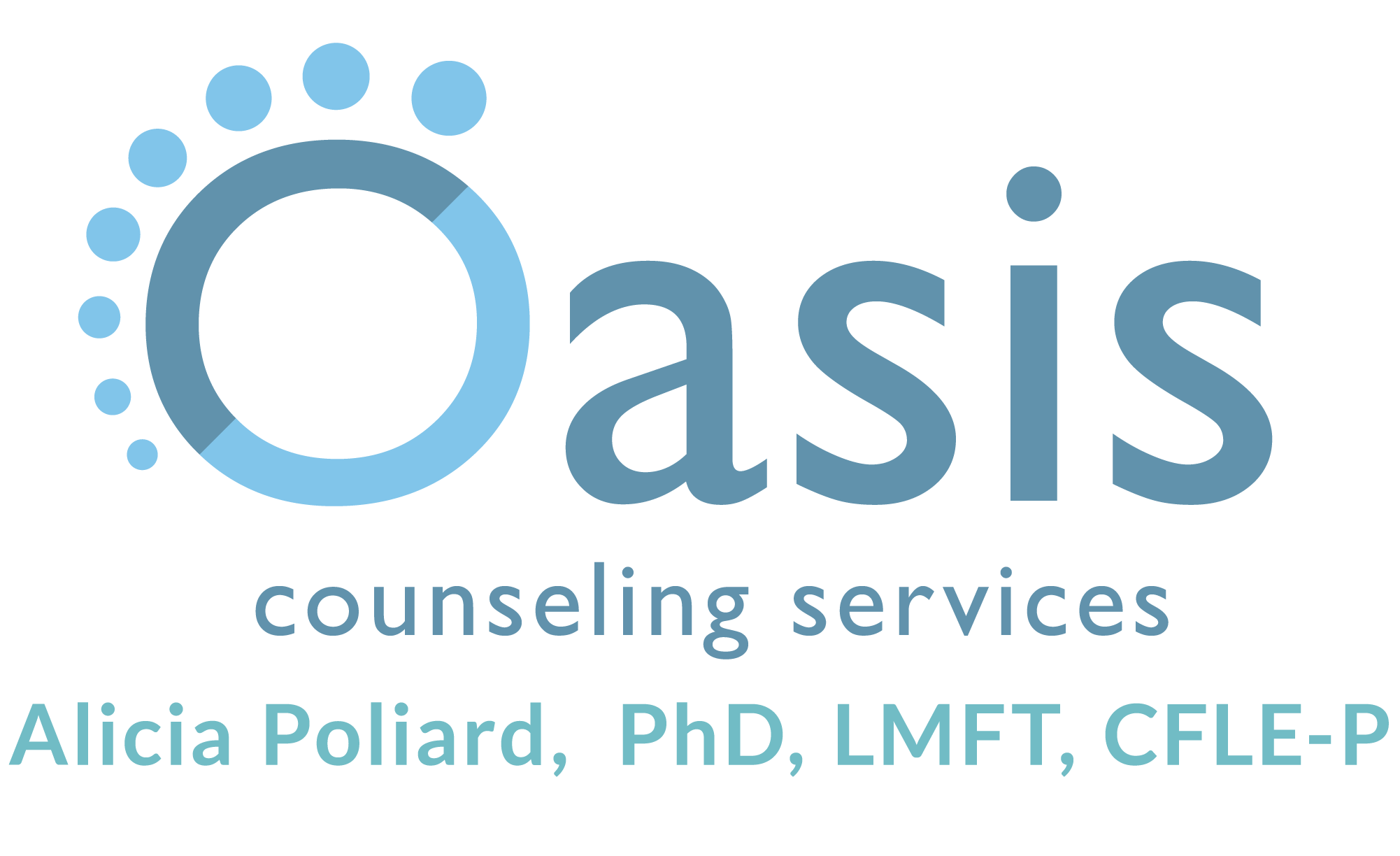Ready, Set, Play Therapy!

 Childhood can be a time of great joy and wonder, but for some, childhood is filled with unpleasant family or school situations that depress and overwhelm developing psyches. Children can benefit from therapy by learning healthy ways to deal with their feelings surrounding situations or events. While adults who are experiencing difficulties in their lives can seek help by speaking with a trained therapist, children may not know or have the words to describe what they are feeling. Children can also find it difficult and even scary talking to anyone about their intense emotions and deepest fears. Play is a child’s means of communication (Gil, 1994); therefore, finding a play therapist can be essential when looking for therapist for your child.
Childhood can be a time of great joy and wonder, but for some, childhood is filled with unpleasant family or school situations that depress and overwhelm developing psyches. Children can benefit from therapy by learning healthy ways to deal with their feelings surrounding situations or events. While adults who are experiencing difficulties in their lives can seek help by speaking with a trained therapist, children may not know or have the words to describe what they are feeling. Children can also find it difficult and even scary talking to anyone about their intense emotions and deepest fears. Play is a child’s means of communication (Gil, 1994); therefore, finding a play therapist can be essential when looking for therapist for your child.
What is Play Therapy?
According to the Association for Play Therapy, play therapy involves licensed mental health professionals assisting children ages three to twelve in processing, expressing, and resolving their problems through play. Play therapy is also a therapeutic approach that can help children examine and express themselves or their emotions through play. Play therapy can enable children to process unconscious conflicts (Gil, 1994) and confront them in a safe way that can about healing.
There are two approaches to play therapy: directive and non-directive. A directive therapeutic approach entails specific goals and pre-planned interventions that can be utilized in a session. A non-directive therapeutic approach places the focus on child led activities based on the premise that children will select activities that will enable them to work through their problems.
When is Play Therapy Used?
Play therapy can be utilized as an intervention or as support for children managing grief and loss, divorce, abandonment, trauma, anger management, anxiety, depression, abuse, and other areas of concern. Play therapy can be most effective when a parent, family member, or caretaker is involved in the therapeutic process. Although play therapy is often utilized for children under the age of thirteen, it can be an effective approach for many individuals regardless of gender or age.
What is the process of Play Therapy?
The intake process can vary depending on whether or not the therapist uses a directive or non-directive approach. In general, a parent will complete all the necessary paperwork and have the first session alone with the therapist who will gather information about the child. After the initial intake, the therapist will most likely conduct an initial assessment alone with the child through play. This will help the therapist assess and determine the right treatment plan for the client. During sessions in the playroom, children will often be engaged in activities that will enable him or her to express themselves. Play therapy tools may include: painting, drawing, puppetry, games, music, and dance.
Deciding on a Play Therapist for Your Child
When looking for a play therapist for your child, you may want to consider a Registered Play Therapist (RPT) or a therapist in the process of credentialing as an RPT. According to the Association for Play Therapy, Registered Play Therapists must hold a license in counseling, marriage and family therapy, psychiatry, psychology, or social work. Play therapists may also be licensed or certified school counselors as well as school psychologists. Registered Play Therapists are required to take additional courses in play therapy and have supervised play therapy experience. While looking for a therapist with the right training and cognitive tools is essential, you will also want to find a therapist that you and your child feel comfortable with. Having a consultation or meeting a prospective play therapist can help you determine the right fit. Some potential questions to ask may include:
What licenses do you hold and how long have you been practicing?
Are you a Registered Play Therapist or in the process of credentialing as a play therapist?
Do you practice direct or indirect play therapy?
What role will I play in the therapy process?
What is your policy related to parent-child confidentiality, and what information will and will not be shared with me?
For resources related to play therapy please visit the Association for Play Therapy website:
www.a4pt.org
Source:
Gil, E. (1994). Play in Family Therapy. The Guilford Press.
Association for Play Therapy. https://www.a4pt.org/page/WhyPlayTherapy

